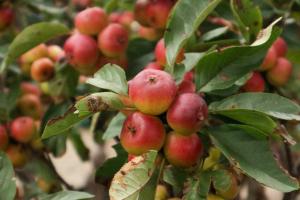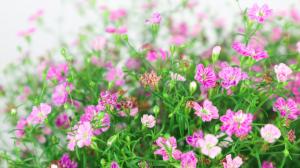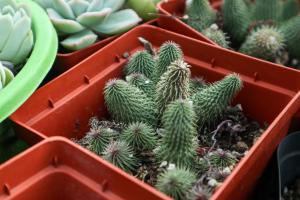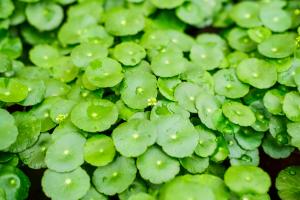Introduction
When it comes to gardening, container or potted plants provide an opportunity for individuals who do not have a yard to engage in gardening. However, the decision of what type of container to use is one that should not be taken lightly. One option that has become increasingly popular is concrete pots. In this article, we'll explore if concrete planters are good for plants.
Pros of Concrete Planters
One of the benefits of using concrete planters is that they are extremely durable. Concrete is a strong and sturdy material that is capable of withstanding the elements, such as wind, rain, and sun. Because of this, it is less likely to break or damage compared to other materials.
Concrete planters are also heavy, which provides stability to the plants. This is particularly important when it comes to larger plants that require a lot of space and soil. The weight of the concrete pot ensures that the plant won't easily tip over and damage the roots.
Additionally, concrete planters are available in a variety of shapes and sizes. This allows individuals to get creative with their gardening and choose the perfect planter for their plants' needs. Lastly, concrete planters are also very low-maintenance, requiring very little upkeep.
Cons of Concrete Planters
While there are many pros to using concrete planters, there are also some cons. One of the biggest drawbacks is that they can be expensive compared to other materials. This is particularly true if you are looking for a larger and more elaborate planter.
Another downside is that concrete has a tendency to absorb heat. This can lead to plants becoming overheated if they are placed in direct sunlight for an extended period. It is important to ensure that you provide proper shade for your plants if they are in concrete planters. Additionally, because concrete is porous, it can absorb water and hold onto it for too long, leading to root rot. This can be avoided by using the right potting mix and ensuring proper drainage.
Conclusion
So, are concrete planters good for plants? While there are pros and cons to using concrete planters, we can conclude that they are indeed good for plants if used correctly. Concrete planters are extremely durable and low-maintenance, two important factors when it comes to gardening. However, it is important to keep in mind their drawbacks and make the necessary adjustments to ensure your plants thrive.

 how many times do yo...
how many times do yo... how many planted tre...
how many planted tre... how many pine trees ...
how many pine trees ... how many pecan trees...
how many pecan trees... how many plants comp...
how many plants comp... how many plants can ...
how many plants can ... how many plants and ...
how many plants and ... how many pepper plan...
how many pepper plan...































